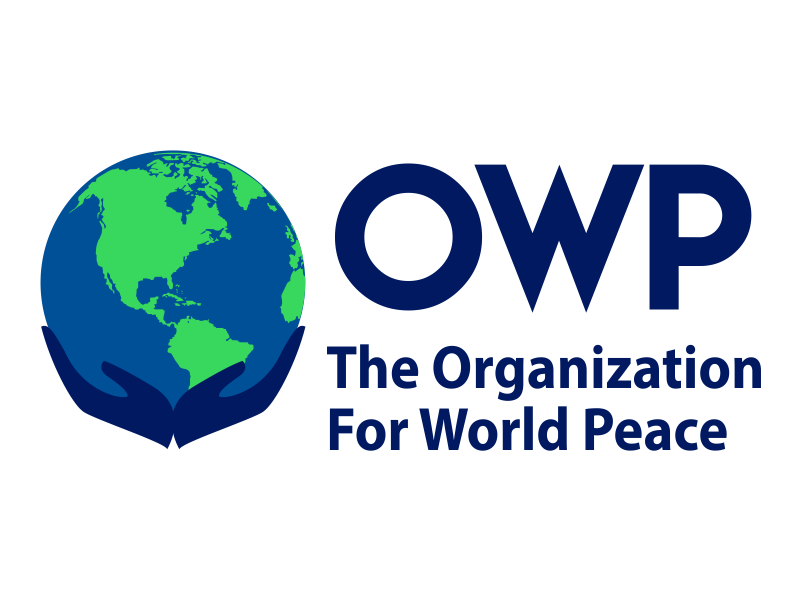Five years after her death, justice has finally been served for Indigenous environmental activist Berta Cáceres after a Honduran court found Roberto David Castillo guilty of being a collaborator in her murder. Castillo, who was the head of Desarrollos Energeticos (DESA), a construction firm in charge of the $50 million Agua Zarca hydroelectric dam project, had coordinated the 2016 murder with the help of his military expertise to track Cáceres for years. He also hired seven hitmen to carry out the assassination, all of whom were convicted back in 2018. He will appear in court again to be sentenced on August 3.
Berta Cáceres had been a prominent human rights activist in Honduras for years and was known for her advocacy for Indigenous people’s rights, including for her own Lenca Indigenous community. She played a major role in raising awareness about the imminent threats of mining and logging on Indigenous lands. Most notably, Cáceres was a leading environmentalist who organized a campaign against the construction of the Agua Zarca hydroelectric dam, a project led by Roberto David Castillo, the convicted murderer himself. The Agua Zarca dam would destroy the surrounding landscape and be constructed on the Gualcarque River, which is sacred to the Lenca. Cáceres’s tireless work to try and block the construction of the dam helped earn her the prestigious Goldman Environmental Prize in 2015.
Cáceres’s activism, however, ultimately led to her murder, as her opposition to the Agua Zarca dam was seen as a threat to DESA, who suffered financial losses and delays to the project as a result of Cáceres’s insistent campaign.
The decision by the court to convict Castillo of Cáceres’s murder is a welcoming step towards justice and a move that should be applauded. Many rights groups praised the conviction, including the Council of Popular and Indigenous Organizations of Honduras (COPINH), founded by Cáceres herself in the early 1990s. The court decision “means that the criminal power structures failed to corrupt the justice system,” wrote the COPINH in a Twitter statement.
While Berta Cáceres’s murder case may have come to a close, other activists in Honduras have yet to receive the justice they deserve. Most recently, Juan Carlos Cerros Escalante, another Indigenous activist, was killed in front of a church back in March. Like Cáceres, Cerros Escalante was also protesting the construction of a hydroelectric dam. In December 2020, Félix Vásquez, another environmentalist and rural workers’ rights activist, was killed in front of his family. Cáceres, Cerros Escalante, and Vásquez were all members of the Lenca Indigenous group.
Today, Honduras remains one of the most dangerous and deadliest countries for activists in the world. According to Global Witness, 14 environmental activists were killed in the country in 2019, and statistics from Frontline Defenders show that 20 human rights activists were also killed in 2020 alone. Global Witness also reported that at least 120 environmental activists were killed in Honduras between the years 2010 and 2017. The murders of activists in Honduras continue to receive international condemnation, yet not much has been done to put an end to these senseless killings.
“Until all those responsible are held accountable, other human rights defenders in Honduras will continue to lose their lives, for raising their voices and defending the most vulnerable. The Honduran authorities must put an end to this impunity,” stated Erika Guevara-Rosas, the Americas Director at Amnesty International. Berta Cáceres and her supporters finally received the closure they needed after five years, but as long as environmentalists and human rights activists in Honduras remain at risk, the fight for justice remains far from over. Accountability for the murders and protections for Honduran activists must be the aim of the fight.


